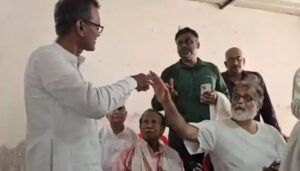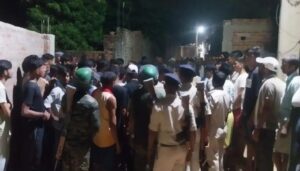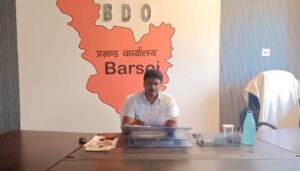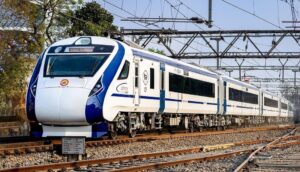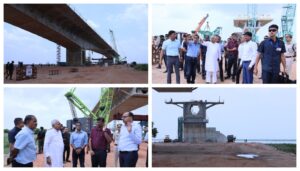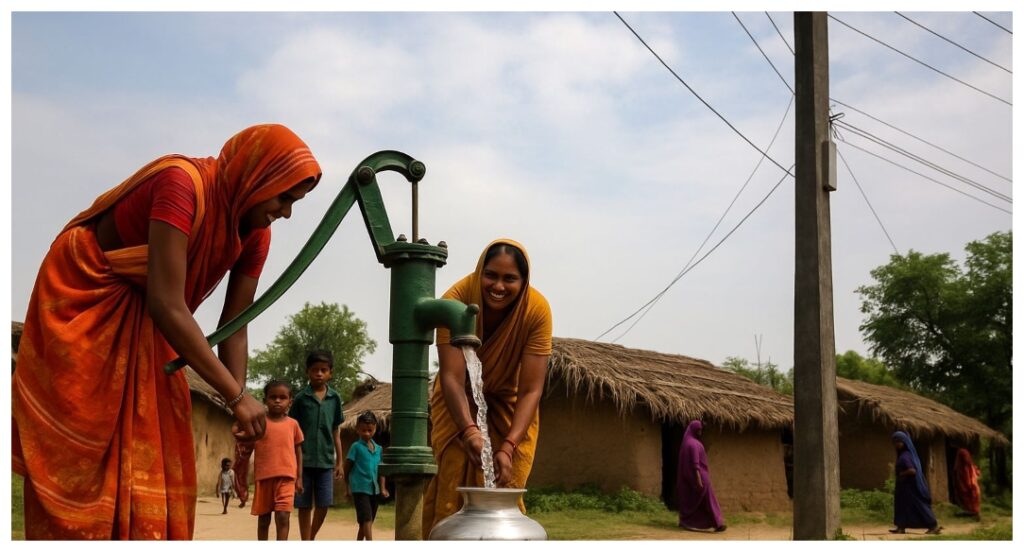
This is an AI- generated image for representation purposes.
Patna: In a focused drive to improve infrastructure in marginalised communities, the Bihar government has received over 2,200 applications for piped drinking water and 450 for electricity connections in Dalit hamlets across the state, as part of a month-long campaign honouring the birth anniversary of Dr Bhimrao Ambedkar.
Running from 14 April to 17 May under the banner of the Dr Ambedkar Samagra Seva Abhiyan, the campaign aimed to bring vital services to Scheduled Caste communities in all 38 districts. More than 7,200 camps were held in Dalit tolas to identify families still lacking basic utilities, particularly under the state’s flagship Har Ghar Nal Ka Jal Nishchay Yojana.
According to official figures, 2,228 applications were submitted for access to piped water. Of these, 865 have already been incorporated into the state’s action plan, while another 1,215 are under review. The campaign targeted over 4.8 lakh families statewide who were previously left out of the scheme.
Darbhanga district reported the highest number of applications, with 211 requests for water connections—130 of which are already included in the action plan. Other districts with notable application numbers include Siwan (197), Muzaffarpur (128), Kaimur (107), and Patna (77). While action has been initiated in many cases, several remain in process due to site-specific challenges or verification delays.
Electricity applications highlight demand
The push for electrification in Dalit communities also drew significant response. A total of 450 applications for electricity connections were submitted, with 145 connections already completed and the remaining 305 still being processed.
Muzaffarpur once again topped the list, with 71 electricity applications—12 of which have been fulfilled. Other districts showing progress include Kaimur (19 connections), Siwan (22), and Darbhanga and East Champaran (10 each). However, some districts such as Jehanabad, Khagaria, and Purnia reported no applications, reflecting either limited awareness or saturation in coverage.
Officials suggest that the campaign represents a crucial step towards delivering basic services to historically underserved communities. “This initiative reflects the government’s commitment to inclusive development,” said a senior state official involved in the campaign. “The data gathered will also help in planning more focused interventions.”
The Samagra Seva Abhiyan is part of Bihar’s broader drive to integrate Dalit settlements into the state’s infrastructure development agenda. With piped water and electricity as top priorities, the campaign’s outcomes are expected to inform policy and funding decisions in the months ahead.

